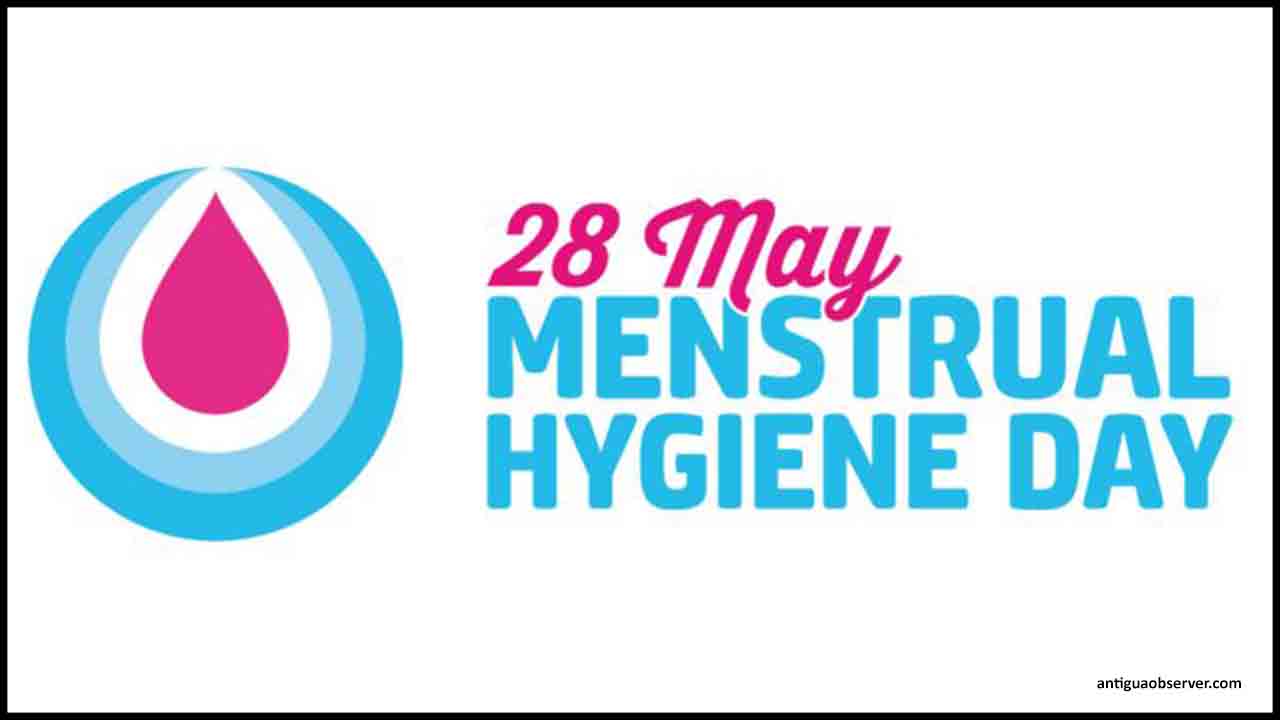On World Menstrual Hygiene Day, previous Miss World Manushi Chhillar on Thursday underlined the need to spread mindfulness on female cleanliness.
The 23-year-old has held hands with United Nations Children's Fund (UNICEF) for the battle. Chillar imparted an image of herself to a red speck on her palate and composed that each discharging female has the option to precise data on the most proficient method to securely deal with their period.
The ex-Miss World runs her own drive on menstrual cleanliness called 'Project Shakti' that works over a few states in the nation.
More than 51 percent of ladies respondents asserted that Indian schools don't have sufficient frameworks to teach or intellectually get ready high schoolers and immature young ladies with respect to the beginning of menstrual periods. In excess of 95 percent ladies declared that the Indian educational system ought to have some mindfulness projects to plan young ladies regarding the matter. The study likewise uncovered that during youth, almost 60 percent of ladies didn't have any earlier information about menstrual periods. Truth be told, upwards of 38 percent ladies had first confounded it as a physical issue or ailment.
As far as foundation, just about 59 percent of ladies felt that schools don't have satisfactory neatness of open toilets or offices for young ladies to change and arrange clean cushions off.
Chirag Pan, CEO, PAN Healthcare, says, "Menstrual cleanliness and wellbeing have been known issues in the Indian setting. While there has been progressing lately, it is basic that we influence our quality in the Indian worth based frameworks and teach the significance of good menstrual cleanliness from the beginning of pubescence itself. Schools can and should assume an essential job in bringing this change in perspective through study hall training, mindfulness programs, and centered foundation improvement."
In workspaces as well, 41 percent of ladies felt their office required better neatness and offices to change and arrange sterile cushions off in toilets.
The overview additionally recommends that the job that specialists can play in forestalling gynecological issues is altogether made light off because of the disgrace and blame related to menstrual cycles in the Indian setting. In excess of 50 percent ladies said they have had some gynecological disease or issue, for example, UTI, rashes, foul smell, or tingling during or after menstrual cycle in the previous one year. Among these, 20 percent of ladies had such issues on multiple occasions during the year. In excess of 64 percent of ladies have confronted anomalies in their period dates, out of which half have needed to manage it multiple occasions in a year. Incidentally, just 37 percent of ladies said they counsel a specialist on the off chance that or sporadic periods, while 32 percent like to talk about it inside the family and 30 percent simply overlook it. Thus, in excess of 54 percent of ladies have had a white release, however, just 25 percent want to counsel a specialist.
Upwards of 56 percent of ladies accept that the monthly cycle is as yet seen as an untouchable in Indian culture. As anyone might expect, at that point, in excess of 42 percent of ladies felt awkward purchasing clean fundamentals from a shop or a physicist, particularly when there were a few different clients. In view of the blame related to the menstrual cycle, 87 percent ladies conceded that they needed to stow away or furtively take their sterile item for evolving. Strangely, more than three-fourths of the respondents said that the feminine cycle would not have been such an untouchable subject in the general public if men had it as well!
Another key disclosure from the overview shows that 53 percent of ladies have utilized an open latrine multiple occasions at an office, shopping center, or film lobby to change clean items. Hariom Tyagi, CEO, Wet, and Dry Personal Care, says, "Our overview shows that 75 percent ladies feel awkward utilizing open toilets to change sterile items. However, in excess of 93 percent ladies despite everything utilize sterile napkins. By changing to better, present-day age menstrual cleanliness strategies (MHM, for example, menstrual cups, ladies can diminish the occasions they need to change their sterile items in a day.
Numerous ladies have disclosed to us that utilizing menstrual cups has enormously diminished their day by day distress because of periods." The study uncovered that menstrual cups are currently being utilized by 4 percent of the ladies, and their appropriation has surpassed tampons by practically twofold.
One of the disturbing patterns that rose up out of the study shows that more than 33% of ladies said they have utilized a pill or some other strategy to defer periods if there should arise an occurrence of a significant event.

 On Menstrual Hygiene Day, Manushi Chhillar teams up with UNICEF to spread awareness about menstruation
On Menstrual Hygiene Day, Manushi Chhillar teams up with UNICEF to spread awareness about menstruation









.jpeg)






.jpg)




.jpg)





.jpeg)
